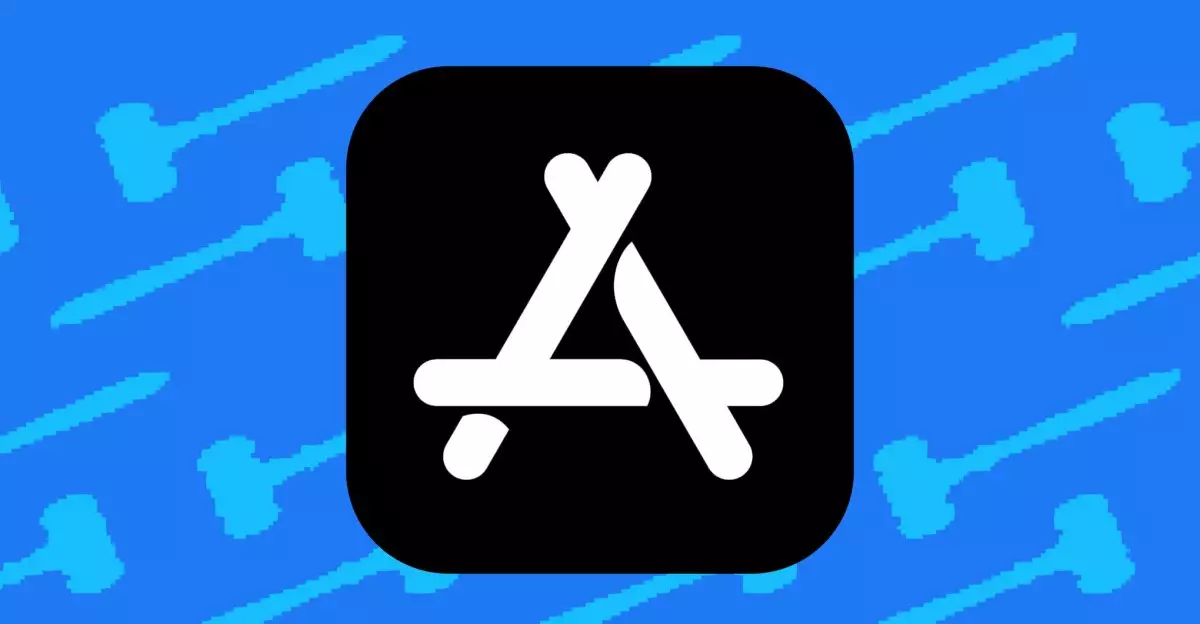In a landmark decision, an appeals court has firmly rejected Apple’s attempt to suspend a ruling that mandates the company to allow external links and payment options within its App Store. This outcome is crucial not just for Apple, but for the entire landscape of app development and digital commerce. The case dates back to a confrontation between Apple and Epic Games, which began when Epic accused Apple of monopolistic practices that stifle competition and innovation. The court’s refusal to grant Apple’s request serves as a significant affirmation of the position that developers should have greater autonomy over their creations and the financial transactions associated with them.
The Implications of External Links
The ruling compels Apple to allow app developers to integrate external payment options and communicate better pricing structures with users through web links. Until now, Apple maintained a stringent grip over payment processing within its ecosystem, requiring developers to use its in-app payment system, effectively claiming a substantial commission. This latest judicial decision opens the floodgates for a more competitive marketplace, where developers can redirect users to potentially more favorable purchasing options without Apple’s interference. Companies like Spotify and Kindle are already taking advantage of this win, altering their apps to include links for web-based purchases.
Impact on Apple’s Business Model
Apple’s business model has long relied on the revenue generated through its App Store. By blocking external commerce, it has ensured its piece of the pie—a tactic that has drawn increasing scrutiny over the years. The appeal court’s ruling signals a pivotal shift in power dynamics, potentially reducing Apple’s revenue stream and pushing the company to reconsider its strategies to remain competitive and appealing to developers. Epic’s CEO, Tim Sweeney, has articulated the growing adoption of alternative payment methods as users apparently favor options that may be more beneficial for their wallets, indicating a change in consumer behavior spurred by this ruling.
A Battle of Principles
Apple’s spokesperson expressed disappointment over the court’s decision, reinforcing the company’s stance on defending its App Store policies. The tech giant argues that allowing external links and payment options undermines the security and quality assurance that it promises to users. However, this reflection on security seems somewhat disingenuous when weighed against the broader context of market competition and consumer choice. As consumers become increasingly aware of the choices available to them in the app ecosystem, the pressure on Apple to adapt rather than resist is escalating.
The Future of App Development
This judicial outcome foreshadows a transformative period for app developers and marketplace competition. The capability to link to external payment methods provides essential leverage that can empower new players in the tech industry. Developers who have previously felt constrained by Apple’s stringent policies may now find new avenues for growth and innovation. As major players like Epic Games challenge the status quo, the potential for a robust, diverse app marketplace could finally be realized—one that prioritizes user choice and fosters healthy competition, which, ultimately, can lead to a better experience for everyone involved.

